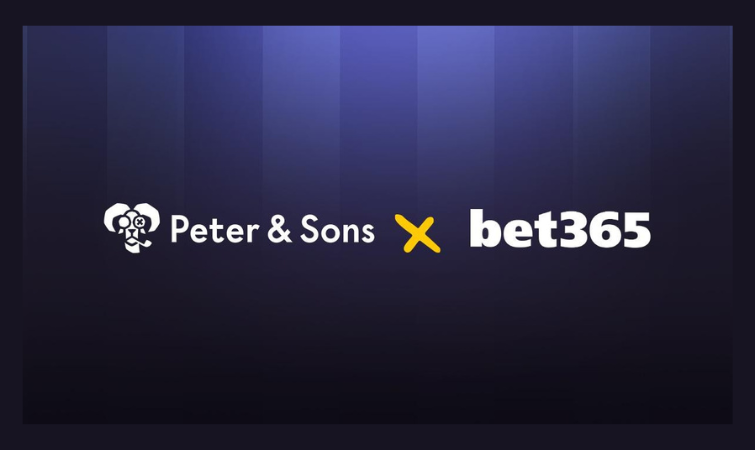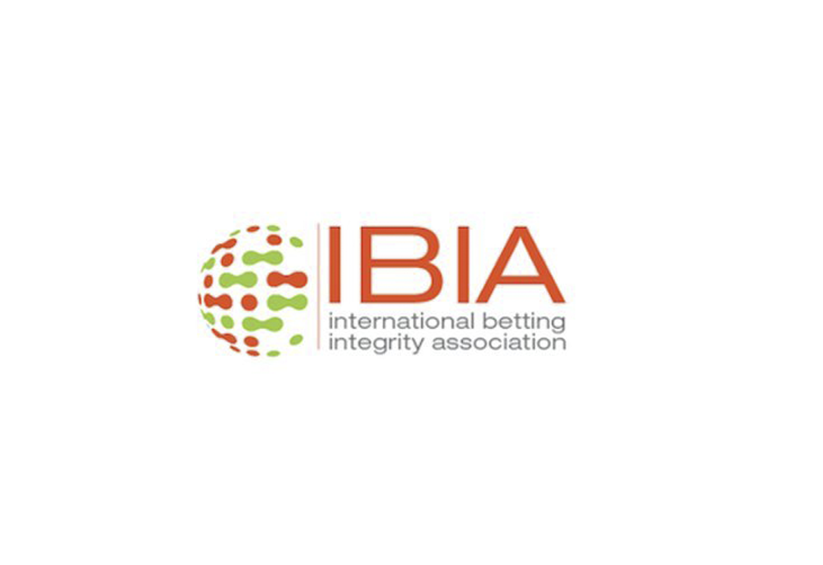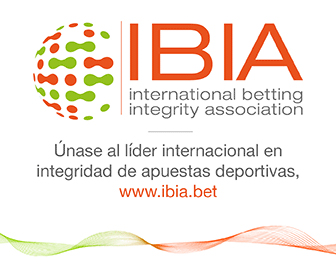March 11, 2023
The International Betting Integrity Association (IBIA) has unveiled its latest study, titled ‘The Availability of Sports Betting Products: An Economic and Integrity Analysis’. Conducted in collaboration with H2 Gambling Capital, a leading authority on gambling industry data and intelligence, the study delves into the impact of different regulatory approaches on sports betting markets.
Drawing insights from sports betting operator data, IBIA alerts, and H2’s market intelligence, the study scrutinizes the effects of both restrictive and liberal regulatory frameworks on consumer protection, regulatory oversight, taxable revenue, market integrity, and sports integrity.
A key revelation of the study is the strong correlation between the availability of sports betting products and the proportion of consumers engaging with licensed operators. This phenomenon, known as the channelling rate, significantly mitigates the risks associated with sports betting-related fraud on unlicensed platforms.
Football and tennis emerge as pivotal markets driving consumer engagement, particularly in Europe, while betting variants like ‘in-play’, ‘side markets’ (e.g., cards and corners), and ‘prop’ betting exert a substantial influence on channelling rates.
Contrary to prevailing assumptions, the study challenges the notion that these markets pose a heightened risk of match-fixing related fraud. Instead, it underscores that restricting their availability through regulated channels compels consumers towards unlicensed offshore operators, exacerbating integrity concerns.
Khalid Ali, CEO of IBIA, emphasized, “Bet restrictions are a blunt and counterproductive instrument. They don’t prevent betting; they merely drive it underground, where the bulk of integrity issues arise. To safeguard consumers and sports integrity while optimizing tax revenues, embracing a diverse range of sports betting products is imperative.”
David Henwood, Director at H2, echoed Ali’s sentiments, stating, “Limiting onshore bet types, including live in-play betting, is inherently counterproductive. Markets that excel in curbing offshore play are those that offer a broad product spectrum. These findings underscore the importance of adopting best practices in regulation.”
The study also underscores the burgeoning global popularity of sports betting, projected to reach $94 billion in gross win by 2024 and approximately $132 billion by 2028, with over 70% of bets being placed online.
By analyzing regulatory approaches worldwide, the study highlights the success of jurisdictions with liberalized markets, such as Great Britain, in achieving high onshore consumer channelling rates. In contrast, countries with restricted access to key betting markets, like Australia and Germany, face notable challenges in channeling consumers towards licensed operators, impacting tax revenue and market oversight.
For instance:
Australia could gain an additional $1 billion in tax revenues over the next five years by permitting online in-play betting.
Germany and Portugal stand to lose a combined $750 million in taxable revenues due to restricted access to major football betting markets between 2024-28.
The Netherlands could see a $118 million uplift in tax revenue over the next five years by liberalizing access to football side markets.
Portugal would benefit from an extra $122 million in tax revenue over the next five years by permitting the availability of ITF tennis betting products.
These insights are crucial for policymakers, especially as new jurisdictions, particularly in North and South America, contemplate regulatory frameworks for online sports betting. In Brazil, for instance, a regulatory framework favoring high product availability could yield $34 billion in onshore sports betting turnover and $2.8 billion in GGR by 2028.
The experience of Ontario underscores the efficacy of liberalized regulation. By adopting a licensing system in 2022, Ontario is poised to achieve a 92% onshore sports betting channelization rate in 2024, in stark contrast to the rest of Canada, forecasted to experience a channelization rate of around 11% and a loss of $2 billion in taxable revenues between 2024-28.
















































































































